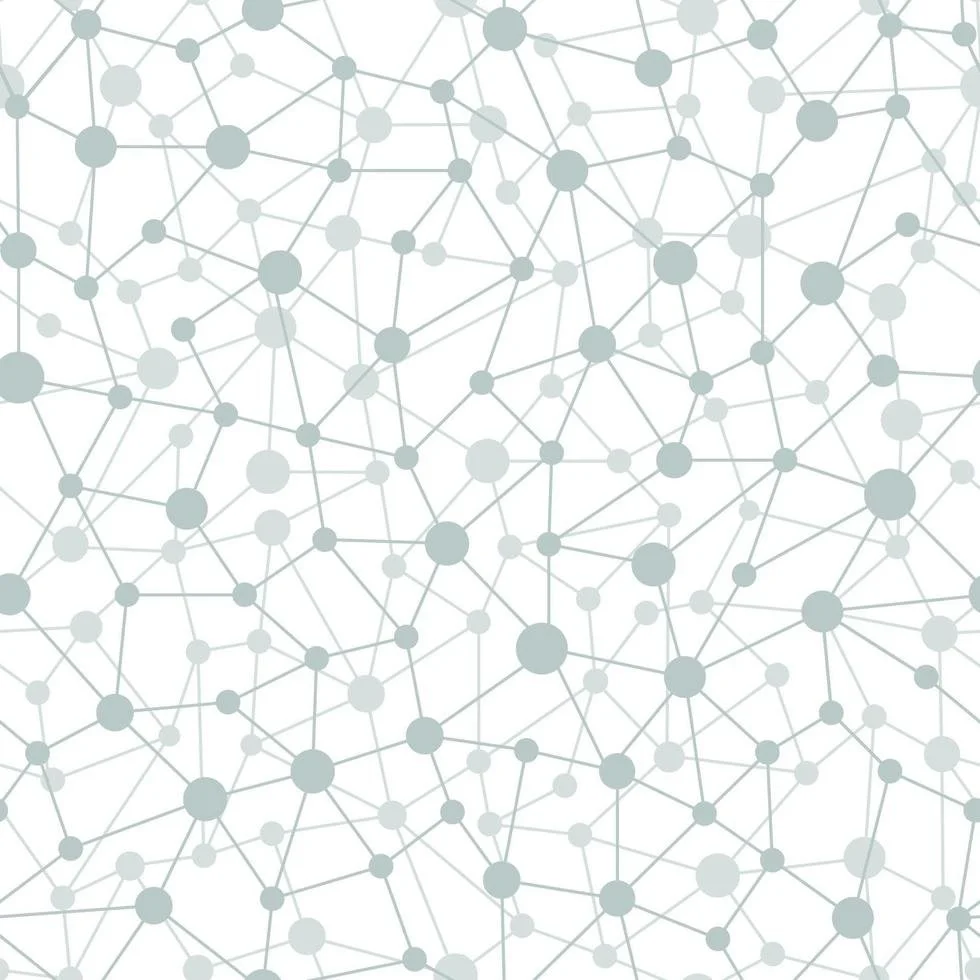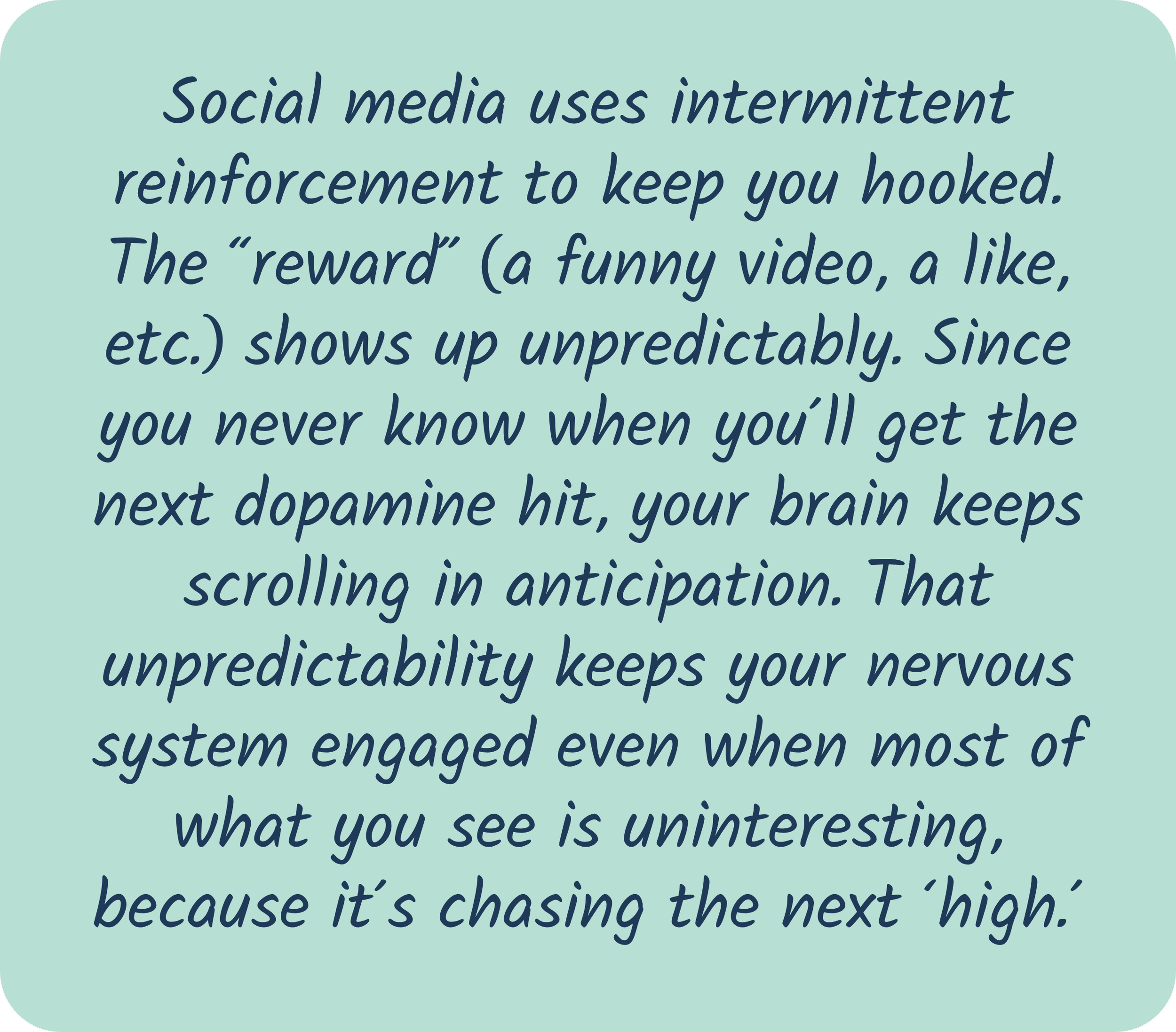
Behavioral Conditioning

Behavioral Conditioning is how our external experiences shape our behavior based on the outcomes they produce.
When our behavior receives a positive response by being rewarded in some way (attention, affection, gifts) or having some discomfort removed (ending silent treatment, stop arguing) we are more likely to repeat that behavior.
But when the outcome sucks (we feel bad, upset our partner, get punished somehow) we will probably want to avoid that behavior in the future if possible.
Over time, your partners can teach you how they want you to behave.
This can be a good thing, as it might teach you how they want to be loved, supported, and cared for.
It can also be harmful, though, if your partner uses it to gain compliance or get you to tolerate harmful or abusive behavior. This is a cornerstone on relationship manipulation.
Intermittent Reinforcement is a specific type of conditioning that is widely considered one of the most powerful influences on behavior on earth. This is the design used in slot machines to keep people playing, and in social media to keep people scrolling.
It works by keeping the rewards and punishments inconsistent. Something you say today might be met with a laugh, but the same thing next week is met with anger. The negative responses may not make sense, creating confusion.
When you never know when your partner will respond positively or when the ‘rewards’ are coming, your brain stays on high alert and keeps trying.
When your partner randomly withdraws emotionally or punishes you for something seemingly benign (like starting big arguments over dumb things, resulting in them being mad at you and you’re not quite sure why) you start to walk on eggshells around them. This creates a lot of anxiety.
The unpredictability makes the rare ‘good moments’ feel more meaningful, and they bring relief from confusion and anxiety.
This pattern is addicting—it hooks your nervous system and leaves you chasing connection, desperate for the good times to return.
It creates confusion, anxiety, and panic that build dependency and leave you reliant on your abuser.
It makes it incredibly difficult to leave, because you’re sure things will get better soon. And they might…briefly.
You become dependent on them: This cycle can make you feel crazy with paranoia, anxiety, and distrust, and they’ll probably blame your for it, but they are also the only person who can give you any relief.
Extinction in this context refers to the end of a behavior. This can be because it is no longer being reinforced with positive outcomes, or something hinders it from happening.
An Extinction Burst is a sudden spike in the behavior right after the reward is taken away. Like when a vending machine doesn’t drop the item you selected, and you hit the but several more times out of frustration before giving up.
This is the brain’s last ditch effort to get what it wants. In relationship, it could look like:
Texting your partner repeatedly when they stop replying. You think if you keep texting, they’ll write back, but they don’t.
You stop chasing someone who doesn’t make much effort or blows you off too much, and suddenly they are the one chasing after you.
Creating conflicts or reasons to engage after a breakup or separation.


